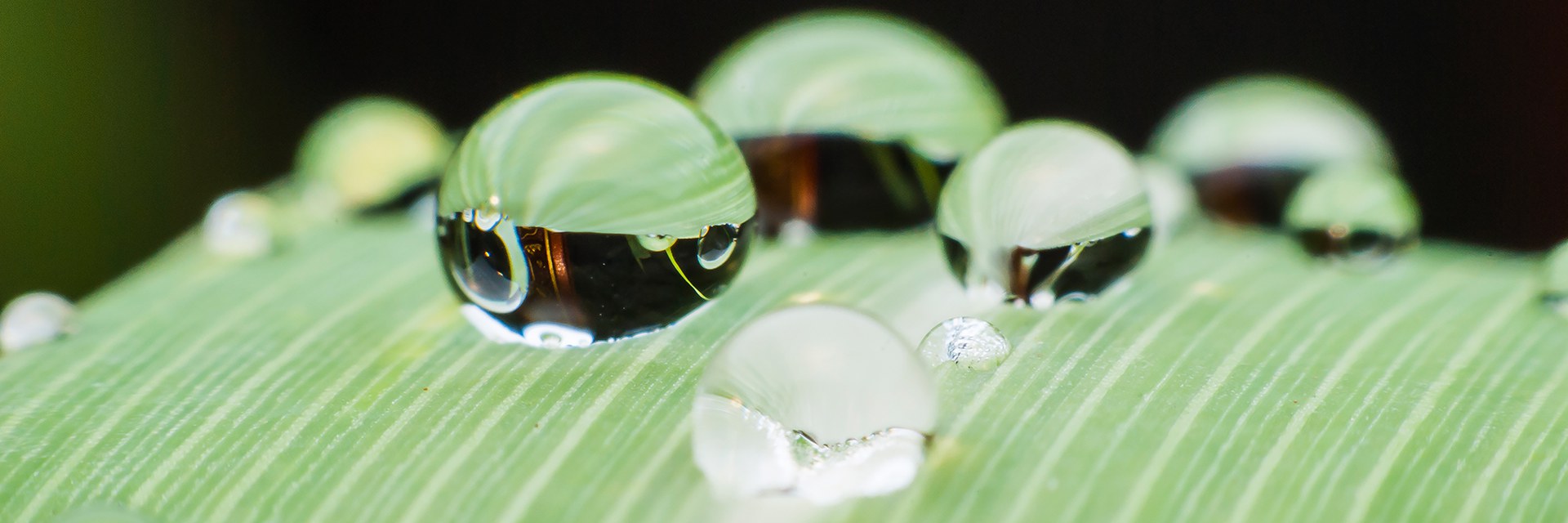
PEARL
Cooperation for the Protection of Water Resources and the Strengthening of Skills in Sanitation – PROAGUA II
Several advantages arise from the incorporation of carbon electrode in the perovskite solar cell (PSC) architecture such as reduced material cost, improved device stability and simplified de-vice fabrication process as well as lower emissions. The primary objective of PEARL is to realize flexible perovskite solar cells processed with industrially viable, scalable and environmentally sound methods, showing long term operational stability surpassing the IEC standards, efficiency of > 25%, lowered production costs below 0.3 EUR/Wp and minimal emissions < 0.01 kg CO2eq/kWh. PEARL is focusing on the development of planar, conventional n-i-p, and further n-i-c, device architectures utilizing low-temperature carbon pastes as the top electrodes aiming to the emerging markets of building integrated photovoltaics (BIPV), vehicle integrated photovoltaics (VIPV) and internet of things (IoT).
FHNW School of Life Sciences will calculate emissions and cost baseline through LCA/ LCC for flexible PVs, identifying key components for cost savings and environmental impacts abatement. Further, FHNW School of Life Sciences ensures the safe deployment of these perovskites through outdoor leaching tests and develops recycling schemes for the safe management of wastes at the end-of-life.
Key figures
| Project duration: | 2023-2026 |
| Funding agency: | EU Horizon Europe. GA no. 101122283, SBFI. Nr. 23.00383 |
| Webseite: | www.pearl-project.eu |
